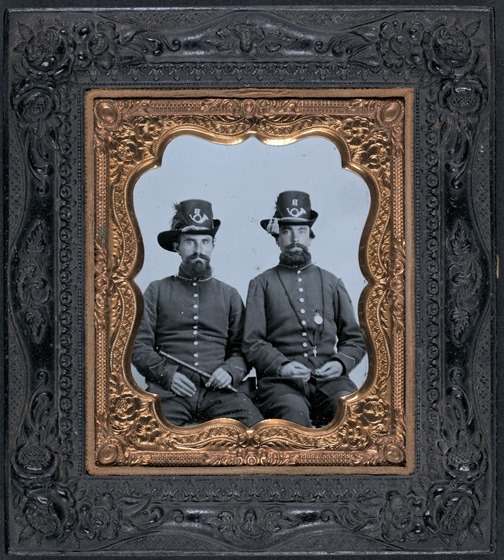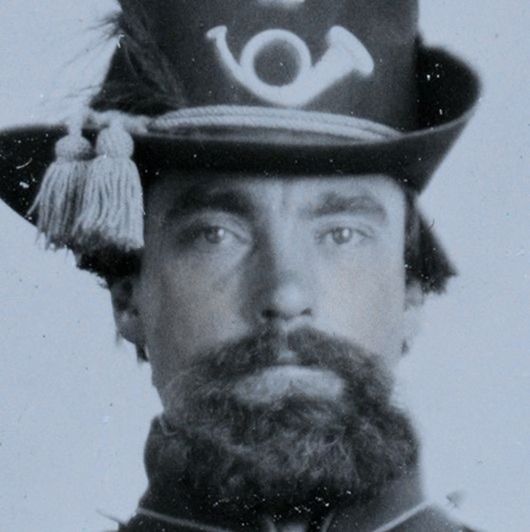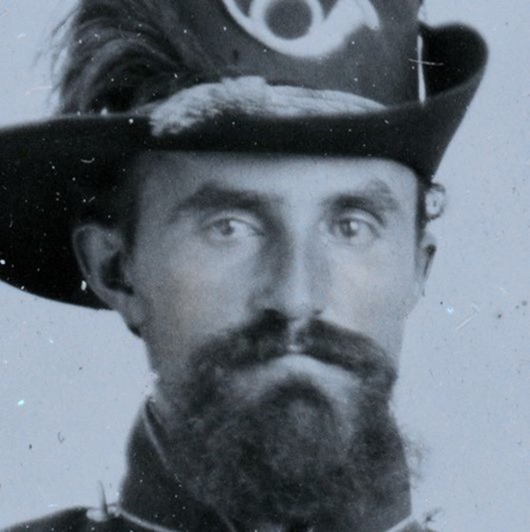December 28.—The Seventh Wisconsin regiment left the army of the Potomac for home to recruit, under the general orders lately issued.— The Legislature of Alabama has voted that the carpets that cover the floor of the Senate Chamber, Hall of Representatives, and all officers’ and committee-rooms in the capitol at Montgomery, be cut up and given to the soldiers of the rebel army for blankets.—An attempt at informal renewal of the cartel was made by the enemy, under the immediate agency of General Butler, who initiated his effort by sending five hundred confederate soldiers to City Point. Commissioner Ould returned five hundred Federal soldiers, but informed Commissioner Hitchcock that the confederate authorities could hold no communication with General Butler, and that there must be no further effort at a partial exchange. If the enemy desire to renew the cartel, it must be done upon fair terms, and through an agent not outlawed and beyond the pale of military respectability.—Richmond Enquirer.
—A skirmish took place at Charlestown, Tenn., between the rebels under General Wheeler and a body of National troops, under the command of Colonel Laibold, of the Second regiment of Missouri infantry, resulting in the total rout and defeat of the rebels. — (Doc. 30.)
—The following memorial, signed by Generals Hardee, Stevenson, Cheatham, Breckinridge, and nearly all the other officers in command of the army of the Tennessee, was read in the confederate House of Representatives:
“In the existing condition of affairs it is hoped your honorable bodies will pardon the variance from custom of addressing you from the army. It is done in no spirit of dictation, but in the conscientious conviction that the necessities of the country demand the voice and labor of all, and that delay, even for thirty days, in enacting proper measures, may make present disorders incurable, and the dangers of the moment omnipotent for our destruction.
“In our opinion, it is essential to retain, for the term of during the war, without reorganization, the troops now in service; to place in service immediately, for the same term, all other white males between eighteen and fifty years of age, able to perform any military duty; to provide for placing in service, at the discretion of the President, for the same term, all white males between fifteen and eighteen, and between fifty and sixty years of age; to prohibit substitutes; to prohibit exemption, except for the necessary civil offices and employments of the confederate States and the several States; to prohibit details, except for limited times, and for carrying on works essential to the army; to prohibit discharges, except in cases of permanent disability, from all duty; to prohibit leaves and furloughs, except under uniform rules of universal application, based, as far as practicable, on length of service and meritorious conduct; to prohibit, to the greatest extent, the details of able-bodied officers and men to posts, hospitals, or other interior duty, and to place in service as cooks, laborers, teamsters, and hospital attendants, with the army and elsewhere, able-bodied negroes and mulattoes, bond and free.
“These measures, we think, if promptly enacted as laws, so as to give time for organizing and disciplining the new material, would make our armies invincible at the opening of the campaign of next year, and enable us to win back our lost territory and conquer a peace before that campaign shall be ended.
“We beg further to suggest that, in our opinion, the dissatisfaction, apprehended or existing, from short rations, depreciated currency, and the retention of old soldiers in service, might be obviated by allowing bounties, with discriminations in favor of retained troops; an increase of pay; the commutation to enlisted men of rations not issued; and rations, or the value thereof, to officers.”—Eighty-two rebel prisoners from Camp Douglas, Chicago, went to Boston, Mass., to enter the United States naval service. They were taken directly to the North-Carolina, receiving-ship.














